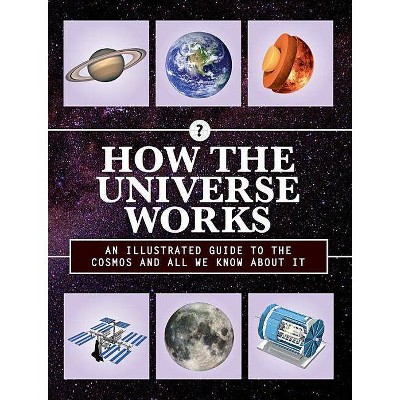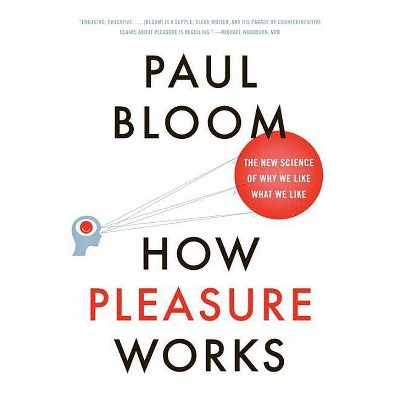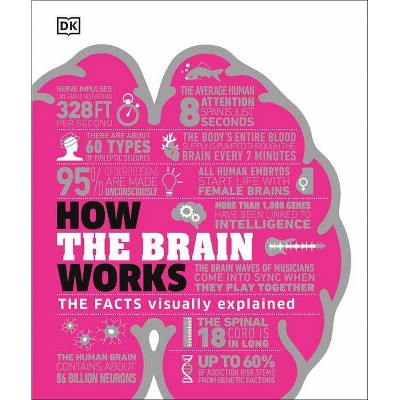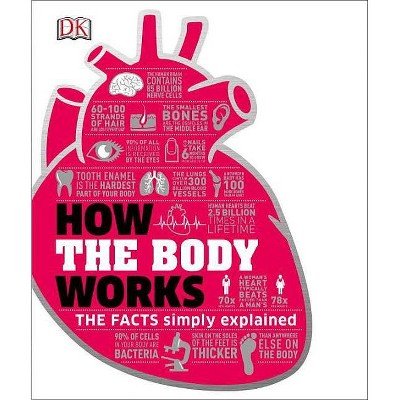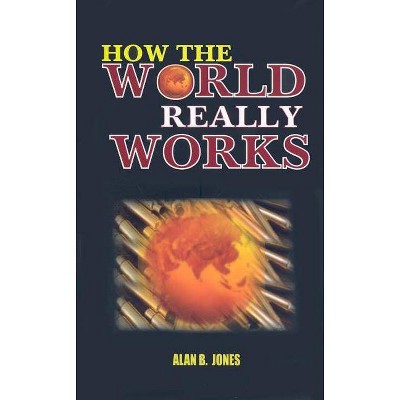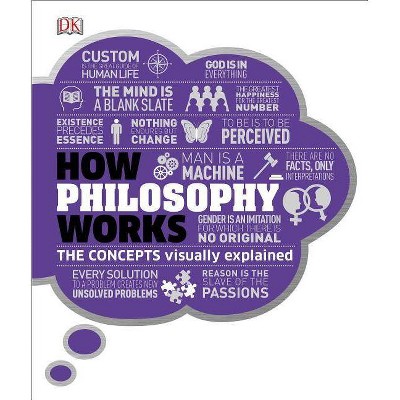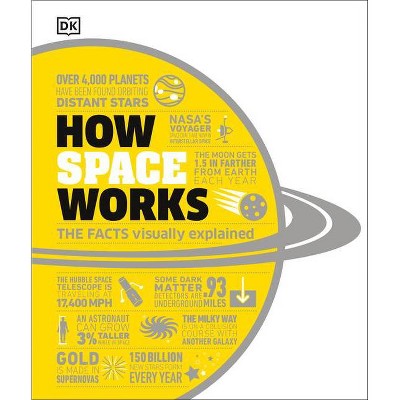How the World Works - by Paul Cockshott (Hardcover)
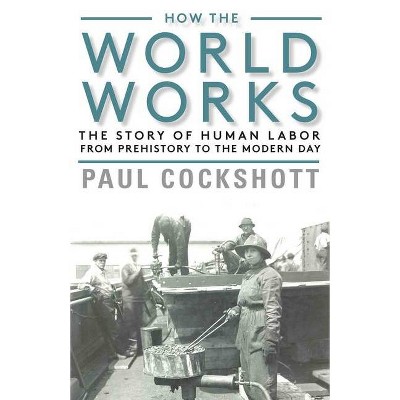
Similar Products
Products of same category from the store
AllProduct info
<p/><br></br><p><b> About the Book </b></p></br></br>"Paul Cockshott, using the dual lenses of Marxist economics and technological advance, provides a critical perspective of human history, from pre-agricultural societies to the present. In "How the World Works," Cockshott connects scientific, economic, and societal strands to produce a detailed work of historical analysis"--<p/><br></br><p><b> Book Synopsis </b></p></br></br><p><b>A sweeping history of the full range of human labor</b> <p/>Few authors are able to write cogently in both the scientific and the economic spheres. Even fewer possess the intellectual scope needed to address science and economics at a macro as well as a micro level. But Paul Cockshott, using the dual lenses of Marxist economics and technological advance, has managed to pull off a stunningly acute critical perspective of human history, from pre-agricultural societies to the present. In <i>How the World Works</i>, Cockshott connects scientific, economic, and societal strands to produce a sweeping and detailed work of historical analysis. This book will astound readers of all backgrounds and ages; it will also will engage scholars of history, science, and economics for years to come.</p><p/><br></br><p><b> Review Quotes </b></p></br></br><br>Paul Cockshott, one of the most distinguished contemporary Marxist scientists, advances towards the construction of a new paradigm of 21st Century Socialism, which he calls '21st Century Digital Communism.' His outstanding contributions to the renovation and evolution of Marx and Engel's scientific paradigm of post-capitalist society give him a special place in the hagiography of contemporary revolutionary intellectuals.--Heinz Dieterich, Center for Transition Sciences, Universidad Autónoma Metropolitana, Mexico City-Berlin-Beijing<br><br>Paul Cockshott's <i>How the World Works</i> is an important contribution to historical materialism, complementing Marx and Engel's classic analyses of labour and wealth with a systematic account of how economies and societies are shaped by energy sources and technologies. With a strong focus on transitions from early societies to contemporary capitalism, Cockshott's dispassionate appraisal of "actually existing socialism," and sober exploration of plausible communist futures, offer promising new directions for progressive politics.--Greg Michaelson, Emeritus Professor of Computer Science, Heriot-Watt University, Edinburgh, Scotland<br><br>Ranging from pre-class to slave economy, from peasant economy to capitalism, this analytical book provides illuminating insight into the functionality of economic systems. A must-read for those striving to bring down fossil capitalism.--Oliver Ressler, artist and filmmaker<br><br>This is historical materialism with a strong technological emphasis. A hugely informative account of the capitalist and non-capitalist modes of production--a term Cockshott takes seriously, almost literally. You may well disagree with some of his views, but you will learn a great deal from this highly readable book. Strongly recommended.--Moshé Machover, Emeritus Professor of Philosophy, University of London; coauthor (with Emmanuel Farjoun) "Laws of Chaos: A Probabilistic Approach to Political Economy"<br><p/><br></br><p><b> About the Author </b></p></br></br><b>Paul Cockshott </b>is a computer engineer, working on computer design and teaching computer science at universities in Scotland. Named on fifty-two patents, his research covers robotics, computer parallelism, 3D TV, foundations of computability, and data compression. His books include <i>Towards A New Socialism</i>, <i>Classical Econophysics</i> and <i>Computation and Its Limits</i>.
Price History
Price Archive shows prices from various stores, lets you see history and find the cheapest. There is no actual sale on the website. For all support, inquiry and suggestion messagescommunication@pricearchive.us

